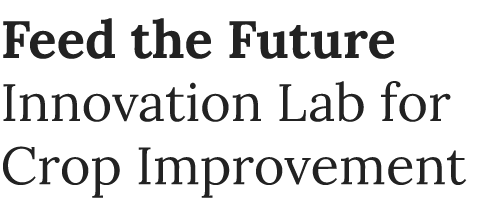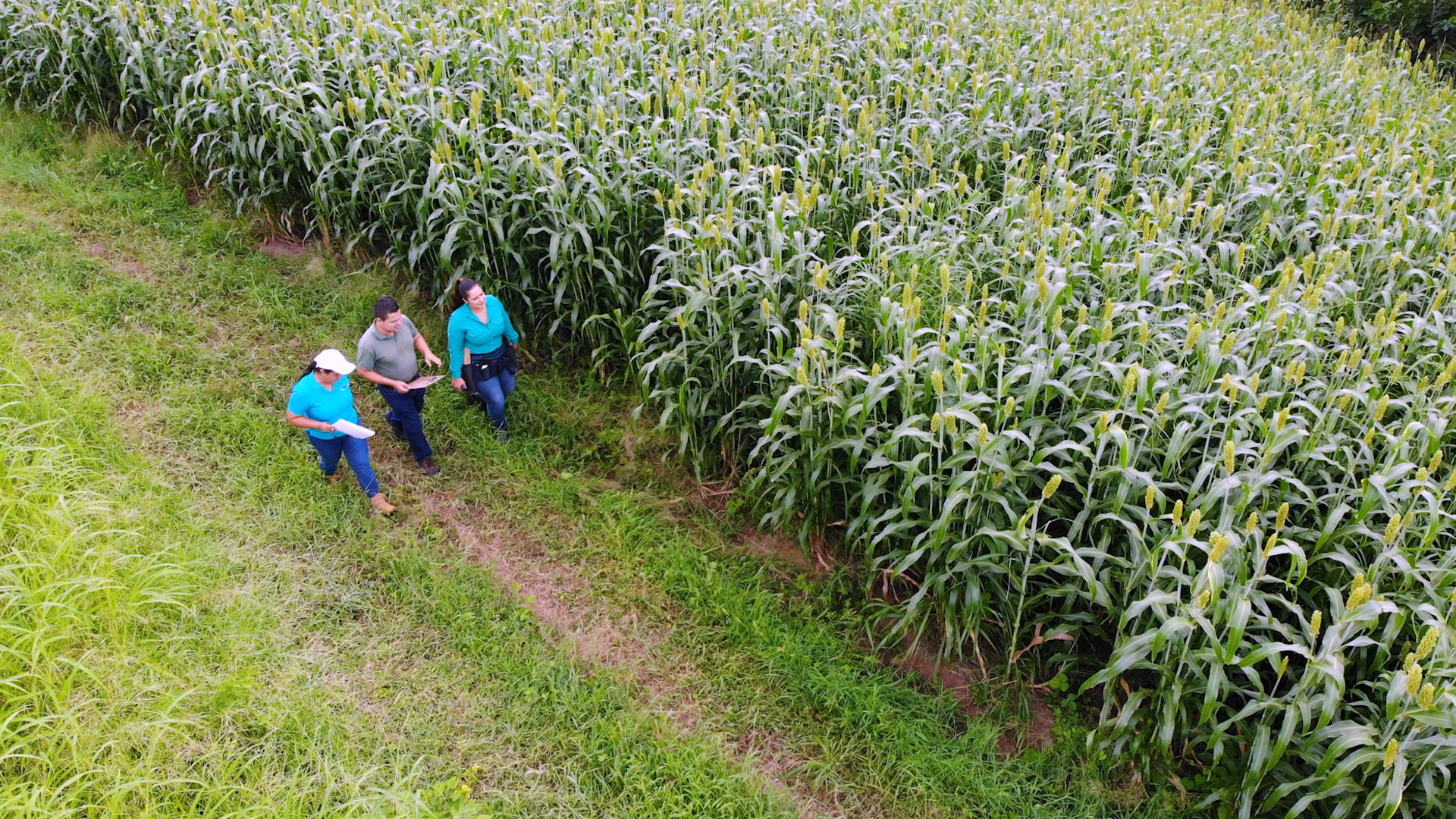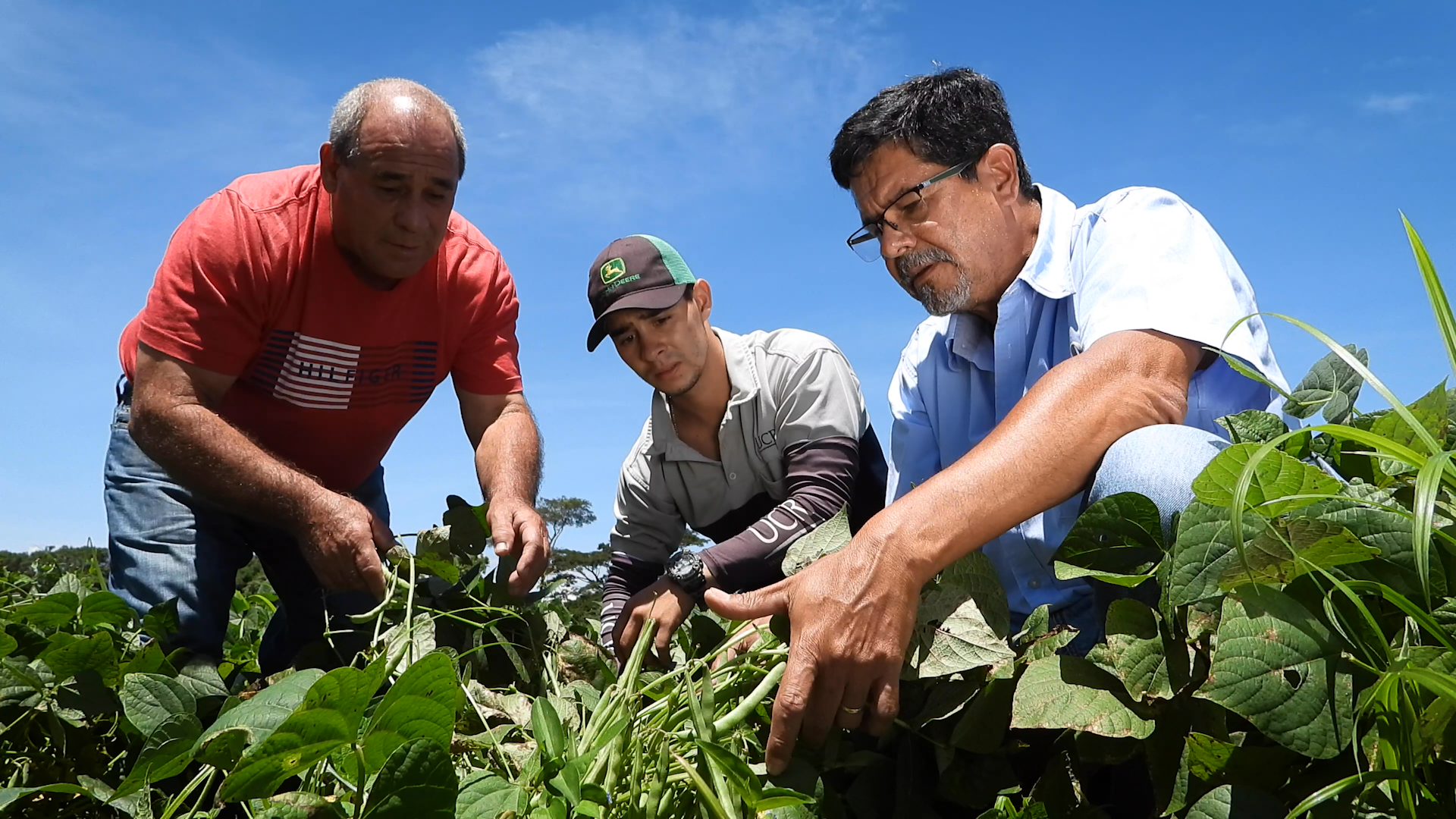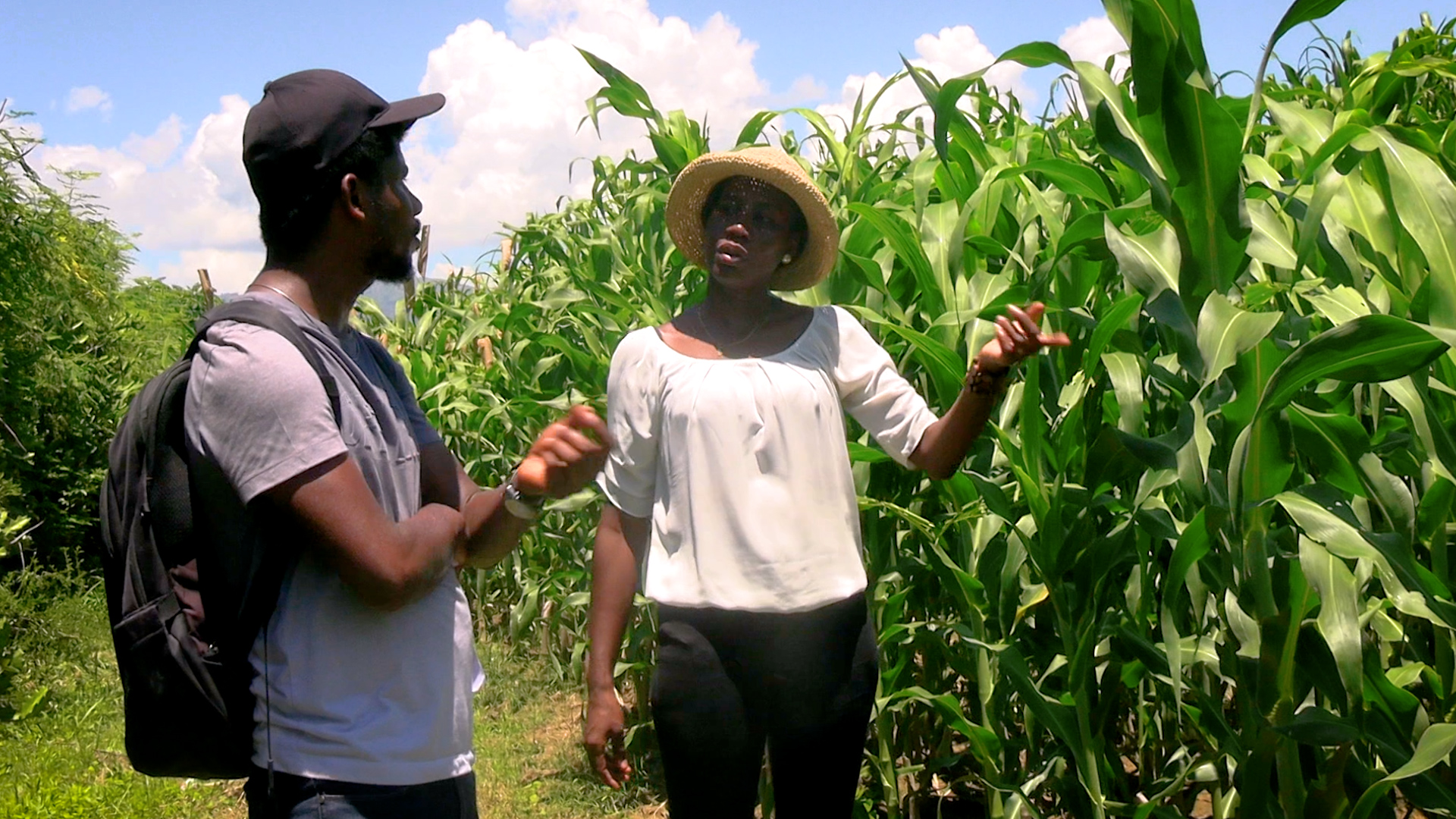The Central American and Caribbean Crop Improvement Alliance (CACCIA) has a bold vision: to build a more resilient, equitable and food-secure future for the more than 220 million people living in the region.
CACCIA, an acronym which refers to acting together in coordination, establishes connections spanning extensive domains of crop improvement, with the aim of cultivating enhanced varieties of sorghum, beans, and sweet potatoes.
Two new videos released today, September 25, showcase the collaborative work being done by farmers and researchers through CACCIA based at the Instituto Nacional de Innovación y Transferencia en Tecnología Agropecuaria (INTA) in Costa Rica and Quisqueya University in Haiti.
Jose Roberto Camacho, principal investigator of CACCIA-Costa Rica and executive director at INTA, said the purpose of the project is two-fold: to develop new varieties and to build scientific capacity.
“Through the project, we have effectively connected our work with previous initiatives, including our genetic improvement programs,” Camacho said. “And in addition, we are developing the necessary capacities so that this work continues after the project itself finishes.”
Gael Pressoir, principal investigator of CACCIA-Haiti and dean for the Faculty of Agricultural and Environmental Sciences at Quisqueya University, said that training opportunities through the Innovation Lab for Crop Improvement are helping young scientists breed resilient crops with the most advanced tools, technologies and methods available.
“It’s about building a new generation of great scientists that will be able to address Haiti’s, but not just Haiti’s problems, and impact the entire region,” Pressoir said.
Juan Luis Elizondo Solano, a lifelong farmer in Costa Rica and member of the Veracruz Producers Association, said that cooperation between growers and scientists is critical to sustaining agriculture in the area, especially as climate change has already begun to lessen crop yields.
“If we had continued sowing the native seeds that we had, we really would have disappeared as farmers already,” Elizondo Solano said. “Climate change is a reality, and not all the varieties of beans that we have are resistant to this climate change. We fight to improve every day with better seeds.”
CACCIA scientists are working to sequence the genomes of bean, sorghum, and sweet potato, and to conduct breeding trials in collaboration with farmers in hopes of finding new varieties, particularly ones that are more tolerant of drought and high temperatures – both conditions that are worsening in the region as Earth warms.
CACCIA is one of four Centers of Innovation established through the Feed the Future Innovation Lab for Crop Improvement, housed at Cornell University. The other three centers are based in Malawi, Senegal and Uganda. Centers of Innovation are regional hubs for crop improvement that target crops essential for food security. Each is led by National Agricultural Research Institutes in those countries that seek sustainable, climate-smart, equitable and effective crop improvement programs.
